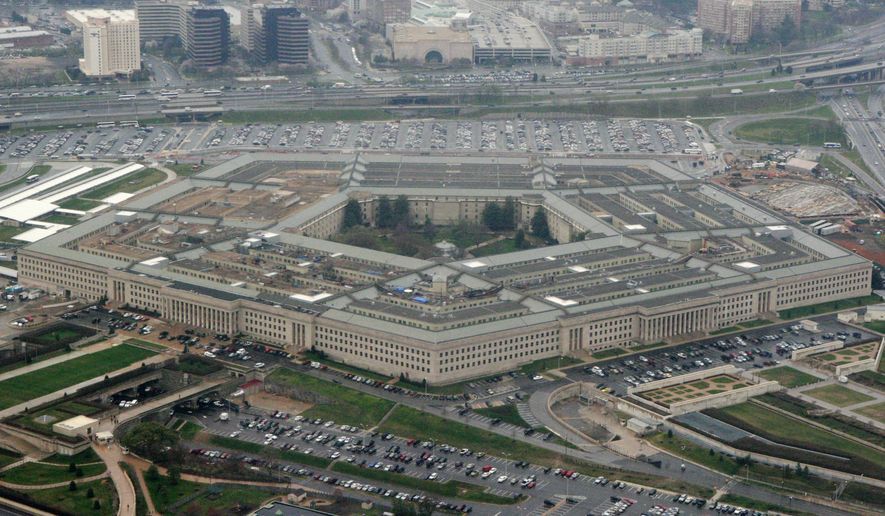The military’s highest court has found the Navy’s top legal officer guilty of unlawful command influence and because of it threw out the sexual assault conviction of a decorated Navy SEAL.
The U.S. Court of Appeals for the Armed Forces ruled 3-2 on Wednesday that Vice Adm. James Crawford, judge advocate general of the Navy, unlawfully intervened in the case of former Senior Chief Petty Officer Keith E. Barry.
Mr. Barry, who served over 20 years, received a dishonorable discharge and spent three years in prison, is now being recalled to active duty, said his attorney, David P. Sheldon. He is eligible for retirement benefits and back pay.
“The court’s decision today is a victory for the rule of law,” Mr. Sheldon said. “It shows that
military justice cases must be tried on the facts and the law, and not swayed by Navy leadership attempts to protect the Navy from political scrutiny.”
The Navy had no immediate reaction on Thursday.
The court said the misconduct happened when Adm. Crawford paid an office visit in 2015 in San Diego to Rear Adm. Patrick Lorge. He oversaw the case and was considering throwing out Mr. Barry’s judge-only conviction.
Witnesses said Adm. Crawford argued against it, saying there would be a target on the Navy’s back at a time when Congress was pressing the military to crack down on sexual assault.
The appeals court ruled Adm. Lorge would have overturned the conviction if not for Adm. Crawford.
“In this case, because the impact of RADM Crawford’s unauthorized guidance on RADM Lorge’s action is undeniable, we cannot escape the conclusion that actual unlawful influence tainted Appellant’s case,” the three judges wrote.
They threw out Mr. Barry’s conviction “with prejudice,” meaning the Navy cannot retry him.
Mr. Barry was convicted of having non-consensual anal sex with his girlfriend, who reported the alleged offense after talking to her friends. The court record showed they had an intense sexual affair and she bragged about his prowess.
Adm. Lorge testified he was deeply troubled by the conviction, believing it lacked sufficient evidence. He nonetheless approved the verdict. Haunted by guilt, he later provided a sworn statement to Mr. Barry’s lawyers about Adm. Crawford, who was deputy judge advocate general at the time.
The appeals court assigned the case to an Air Force colonel and judge to conduct an investigation.
That judge concluded, “Actual or apparent unlawful command influence tainted the final action in this case.”
• Rowan Scarborough can be reached at rscarborough@washingtontimes.com.




Please read our comment policy before commenting.